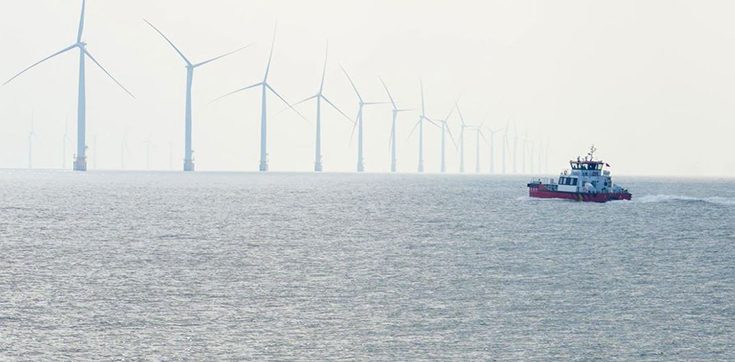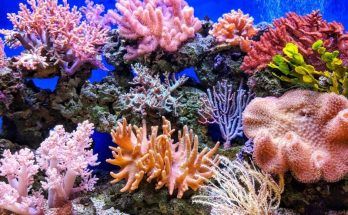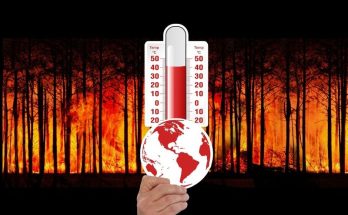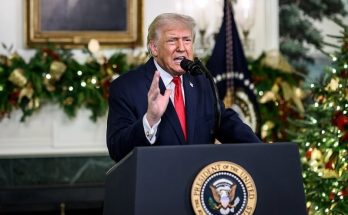#AntonioGuterres, # UN, # ClimateChange, #ClimateAction
The UN Secretary-General on Friday launched an initiative focusing on ensuring fairness, sustainability and respect for human rights throughout the entire process of sourcing and using critical minerals needed for the clean energy transition.
The newly established Panel on Critical Energy Transition Minerals brings together a diverse group of governments, organisations and UN bodies to develop a set of common and voluntary principles to protect environmental and social standards aimed at embedding justice in the energy transition.
“A world powered by renewables is a world hungry for critical minerals,” Secretary-General António Guterres said at the launch of the panel.
For developing countries, this new demand presents a big opportunity to create new jobs, diversify economies and dramatically boost revenues, he continued, stressing that this requires effective management.
“The race to net zero cannot trample over the poor,” he said. “The renewables revolution is happening, but we must make sure that it is done in a way that moves us towards justice.”
Mr. Guterres had announced his plan to set up the panel at the COP28 climate summit, held in Dubai in early December. It is expected to provide initial recommendations ahead of the General Assembly’s high-level week in September.
Skyrocketing demand
As the climate emergency worsens, demand is soaring for minerals vital for renewable energy technology, such as solar panels, wind turbines and electric vehicles (EV).
For instance, lithium is required to manufacture high efficiency batteries, electronics and EVs, with demand expected to rise by over 1,500 per cent, according to the UN Trade and Development (UNCTAD).
Similar increasing demand is anticipated for nickel, cobalt and copper.
The rising demand could be a big boost for many developing countries, especially in Africa, which boasts over one fifth of the world’s reserves for a dozen metals essential to the energy transition.
Cornerstone of UN’s response
Mr. Guterres highlighted that developing countries cannot be relegated to the bottom of the clean energy value chain – merely as suppliers of basic raw materials.
“Little wonder that resource-rich developing countries are calling for urgent action to ensure that they, and their communities, benefit from the production and trade of critical minerals and that people and nature are protected,” he said.
The UN chief offered the Organization’s full support for the new panel.
“This work is extremely complex, but the world cannot wait,” he said.
Panel membership
The panel is co-chaired by Ambassador Nozipho Joyce Mxakato-Diseko of South Africa and Director-General for Energy Ditte Juul Jørgensen of the European Commission.
Its members include Australia, Botswana, Brazil, Canada, Chile, China, Colombia, Democratic Republic of the Congo, Egypt, India, Indonesia, Japan, Kazakhstan, Namibia, Nigeria, South Africa, United Arab Emirates, United Kingdom, United States, Viet Nam, Zambia and Zimbabwe alongside the African Union, European Union, UN and intergovernmental entities and non-governmental organisations.





